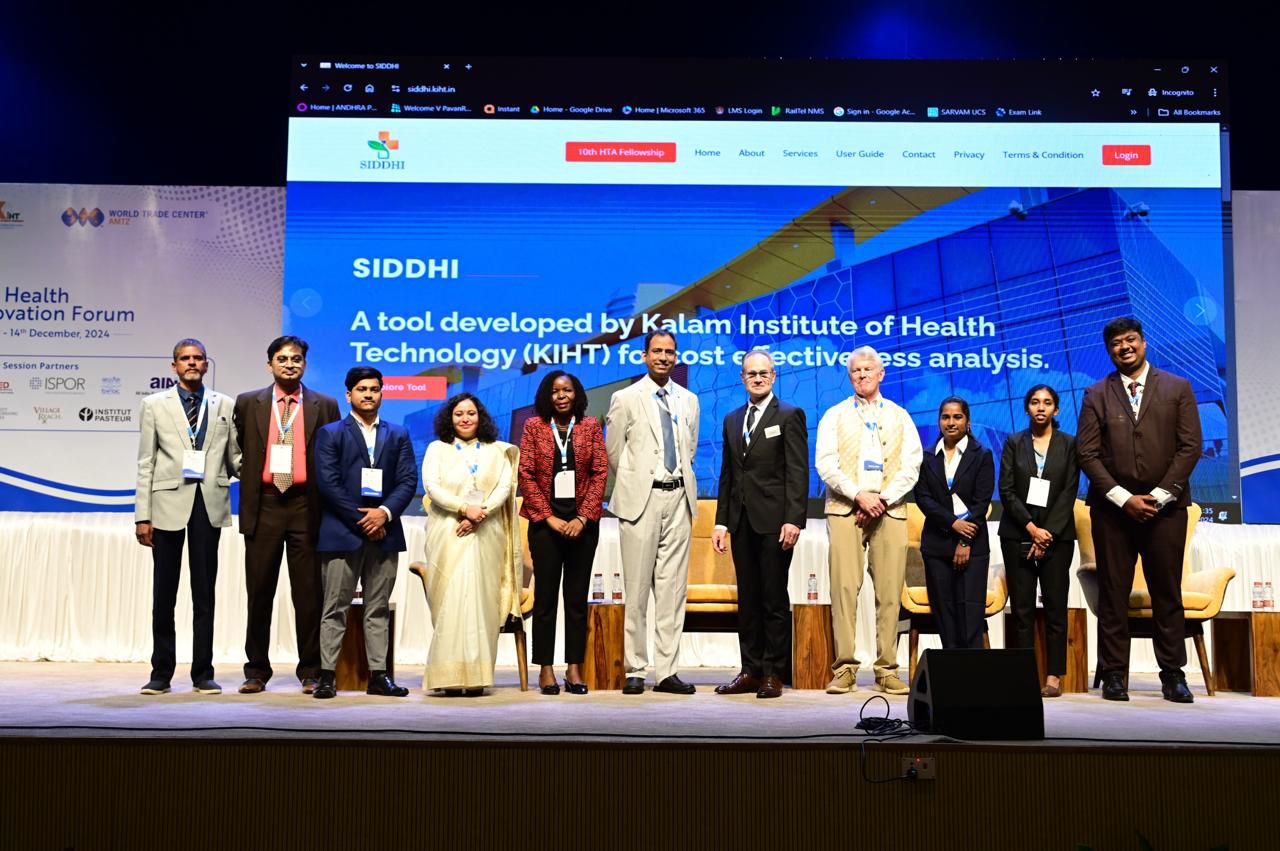New Delhi: The Vimhans Hospital, New Delhi and a doctor have been ordered to pay Rs 20 lakh as compensation for medical negligence while treating a 12-year-old boy in 2001.
The Delhi State Consumer Disputes Redressal Commission has observed that Amresh Thakur was given an intra-arterial injection instead of an intravenous one in the city-based hospital, leading to amputation of four fingers of his right hand.
While announcing the quantum of compensation — the hospital will pay 80% of the amount and the doctor the rest — the commission said the botched injection led to gangrene and subsequent amputation, thus depriving the boy, who is now 29, of his “normal development”.
Delhi: Maimed by doctor’s injection, patient to get Rs 20 lakh
Hospital’s plea of not being liable for negligence by visiting doctor rejected
Member (judicial) N P Kaushik, who went through the case details, said, “Amresh is right handed and the amputation not only obstructed his writing, but also his playing and other abilities, making him incapable of taking care of his needs.”
Amresh now has 29% permanent physical impairment in relation to the right upper limb, according to a medical certificate On April 28, 2001, Amresh booked an appointment with Dr Ajay Kumar Sinha after he was suffering from fever and was throwing up. The doctor administered a phenargan injection intra-arterially instead of intravenously. Amresh’s condition worsened and he had to be taken to AIIMS where he was informed about the damage to most of his fingers of the right hand.
On May 6, he was taken to Indraprastha Apollo Hospital and on examination was found to have gangrenous changes in the fingers of his right hand and swelling of the forearm. A test confirmed he had developed a blockage in the right distal ulnar artery. Amresh was treated at Apollo and advised to undergo amputation of the gangrenous part of his hand on May 28. He was admitted in Vimhans and his four fingers were amputated on July 2.
A medical expert panel constituted by the commission and comprising three Maulana Azad Medical College doctors opined, “The phenargan injection had been inadvertently given intra-arterially which is also evident from the Doppler report. This resulted in the gangrene of the fingers and ultimately amputation.”
In his defence, the doctor argued that the boy’s father was employed in Vimhans as a technician and was well versed with medicines and administering injections. Sinha claimed that before bringing his son to the hospital, the father had given him a tablet and an intravenous fluid. Sinha also denied administering the injection negligently.
The hospital, on the other hand, said Sinha was not its regular employee and a visiting consultant, a fact supported by himself. Therefore, the hospital argued that it was not vicariously liable for the medical negligence on the part of Sinha. The argument was, however, set aside by the commission on the basis of a Supreme Court ruling.









